Welcome to Dr. Kelton McMahon’s Ocean Ecogeochemistry website at the University of California, Santa Cruz.
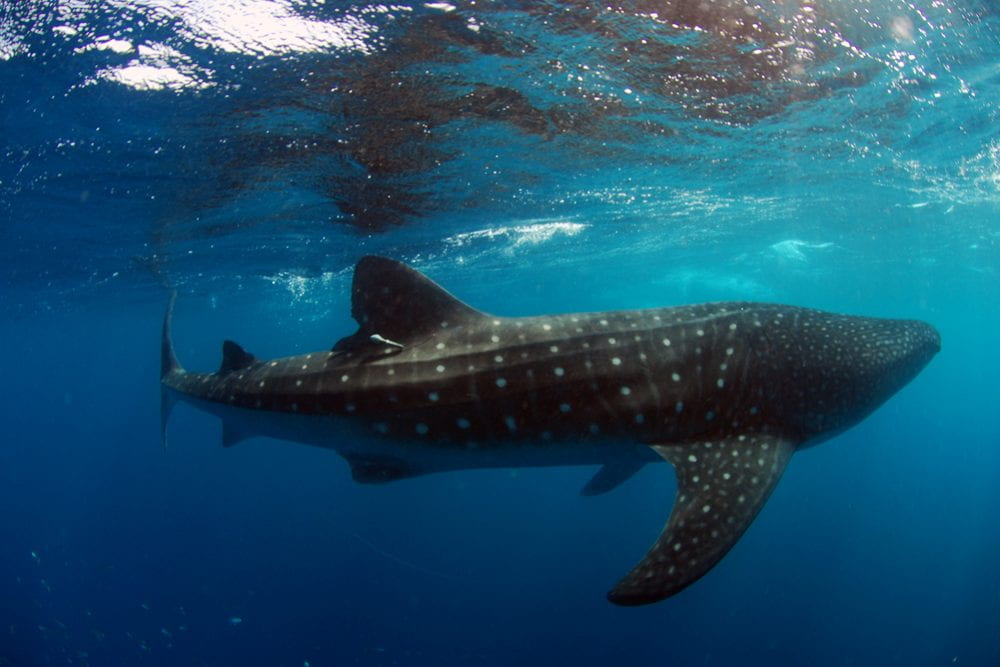
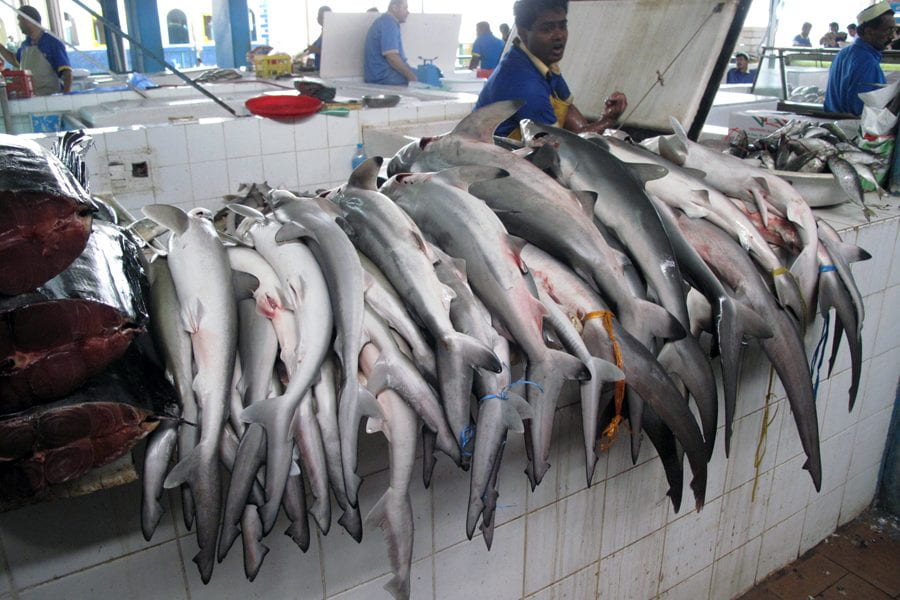
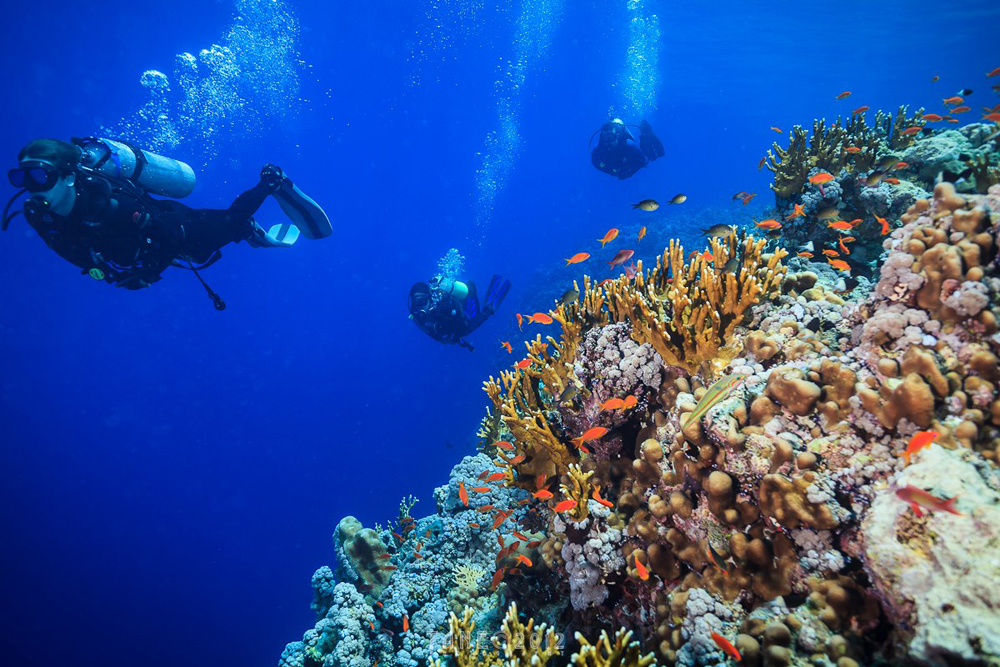
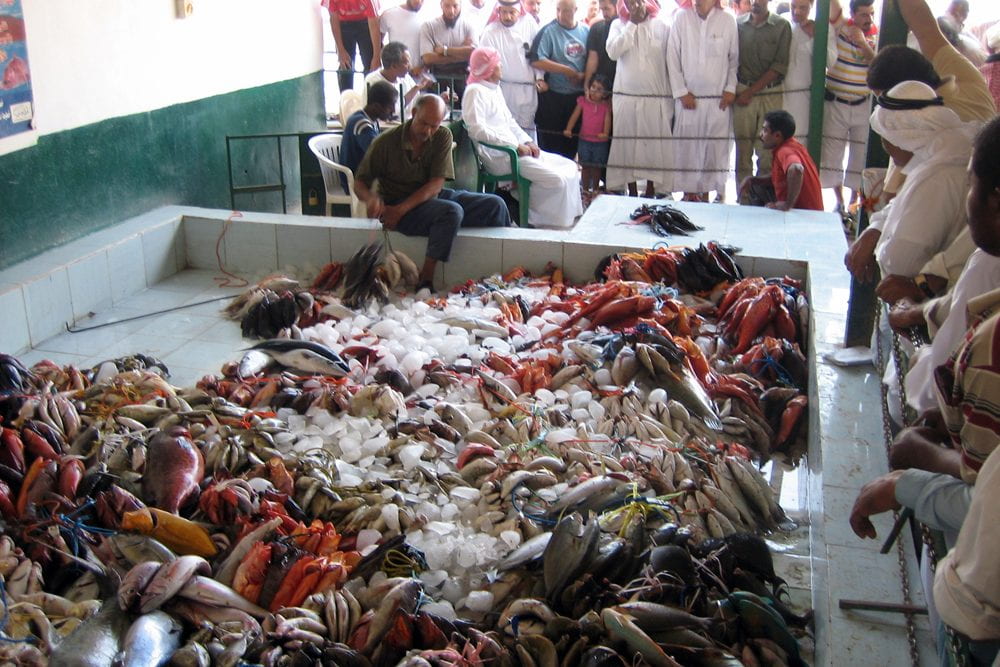
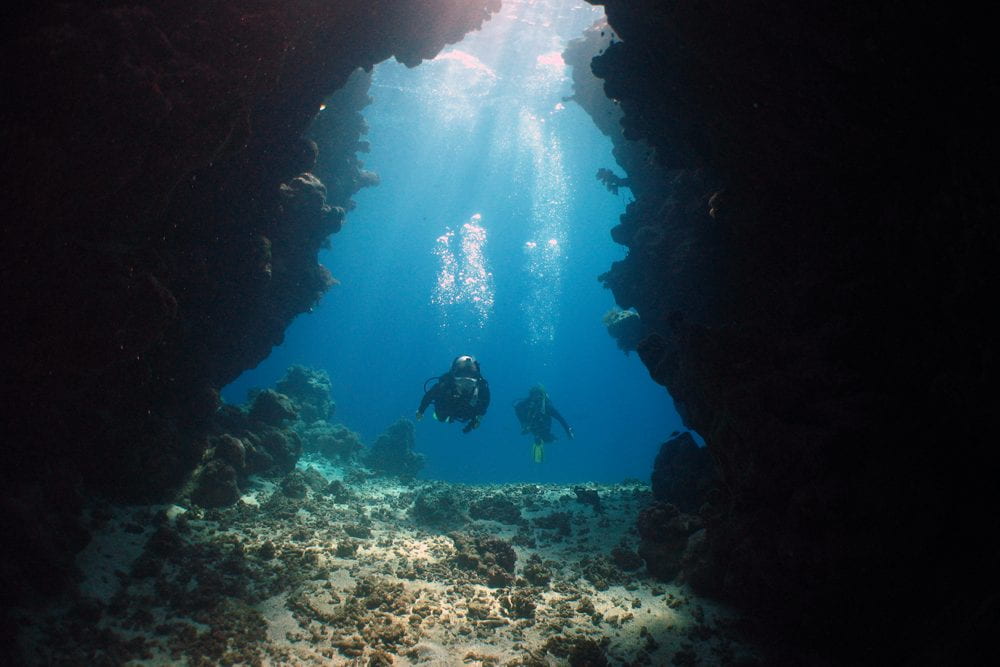
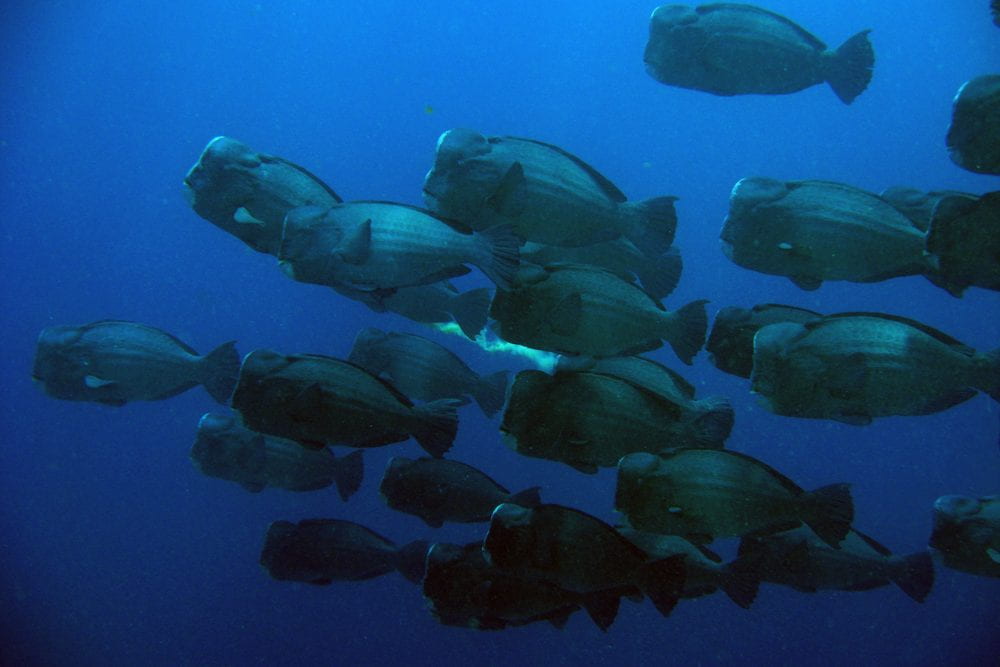

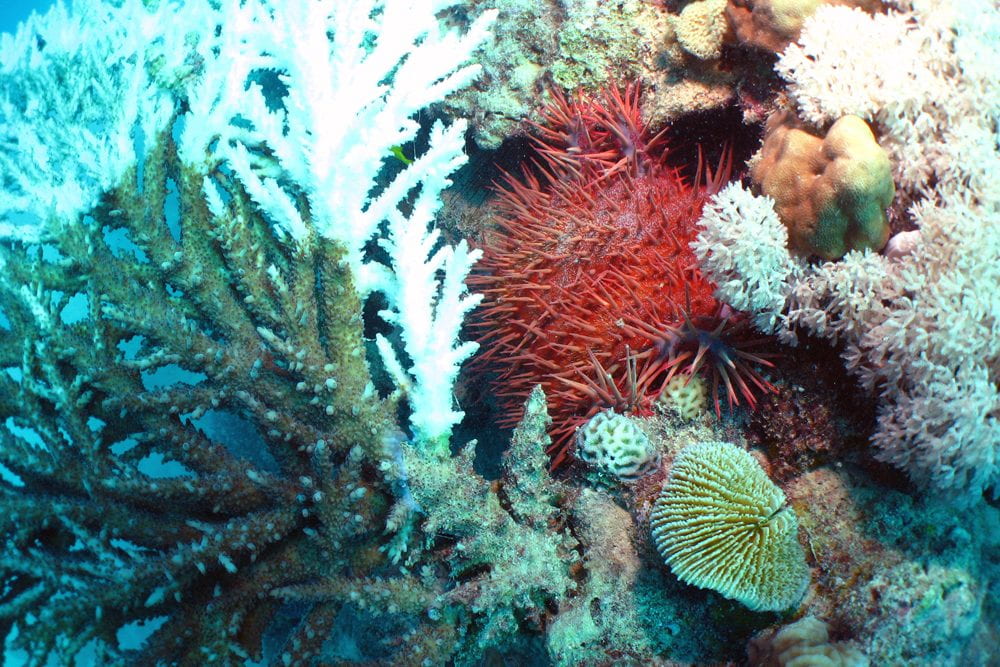
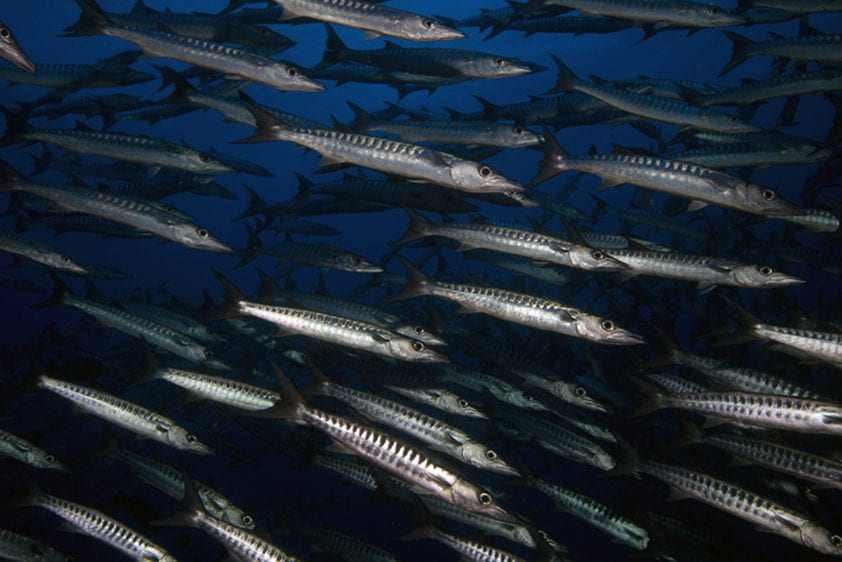
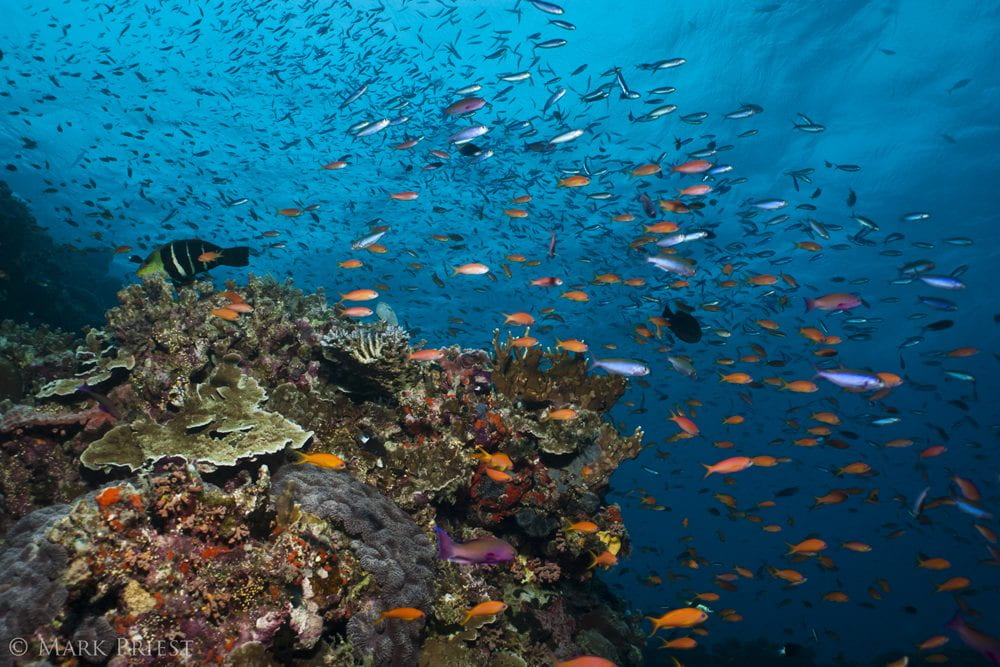
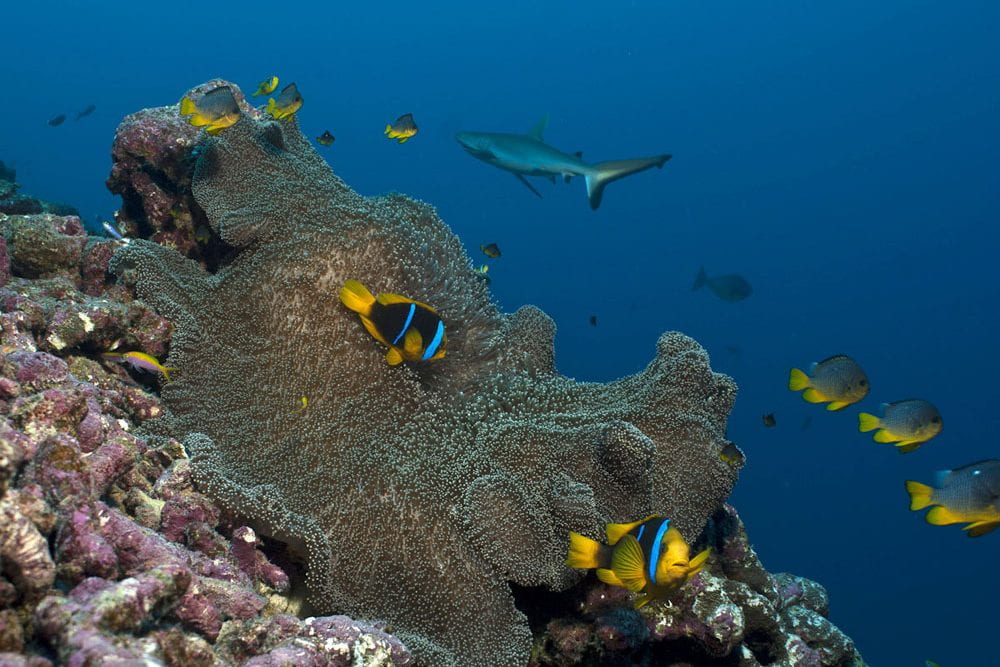
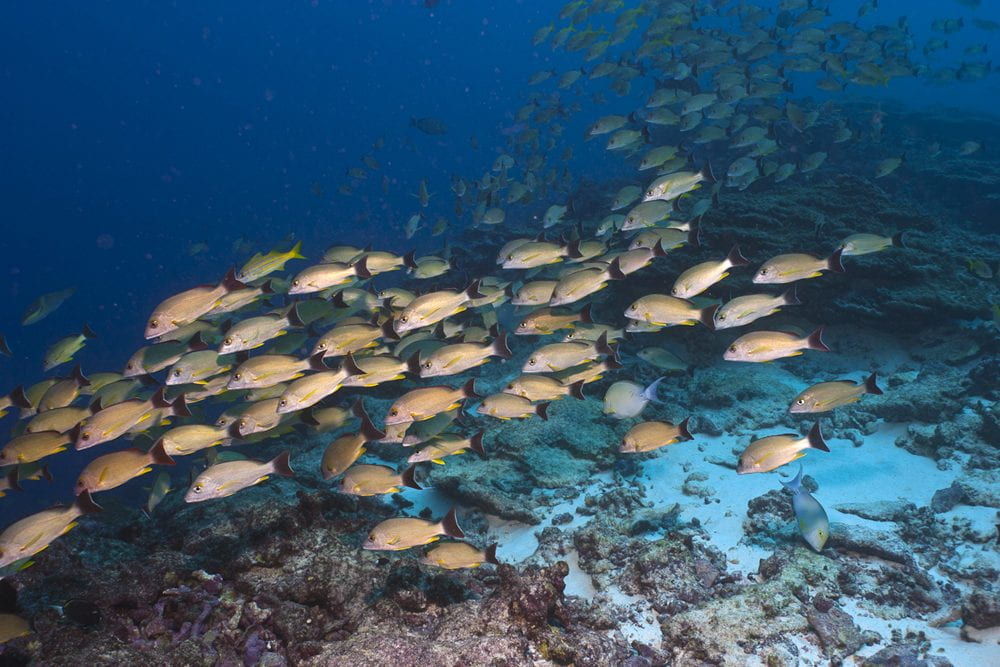
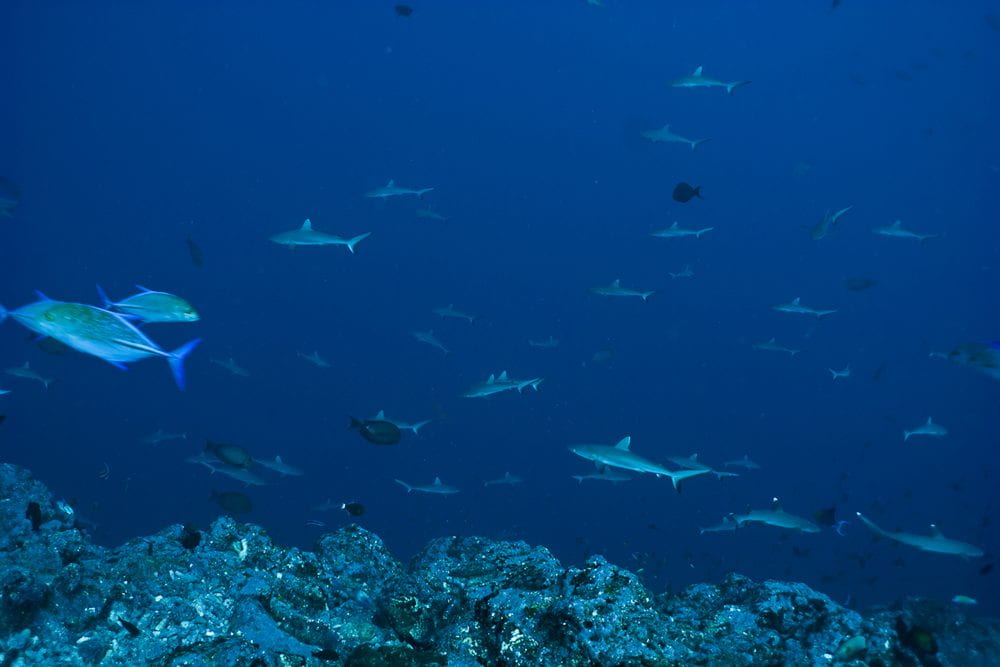
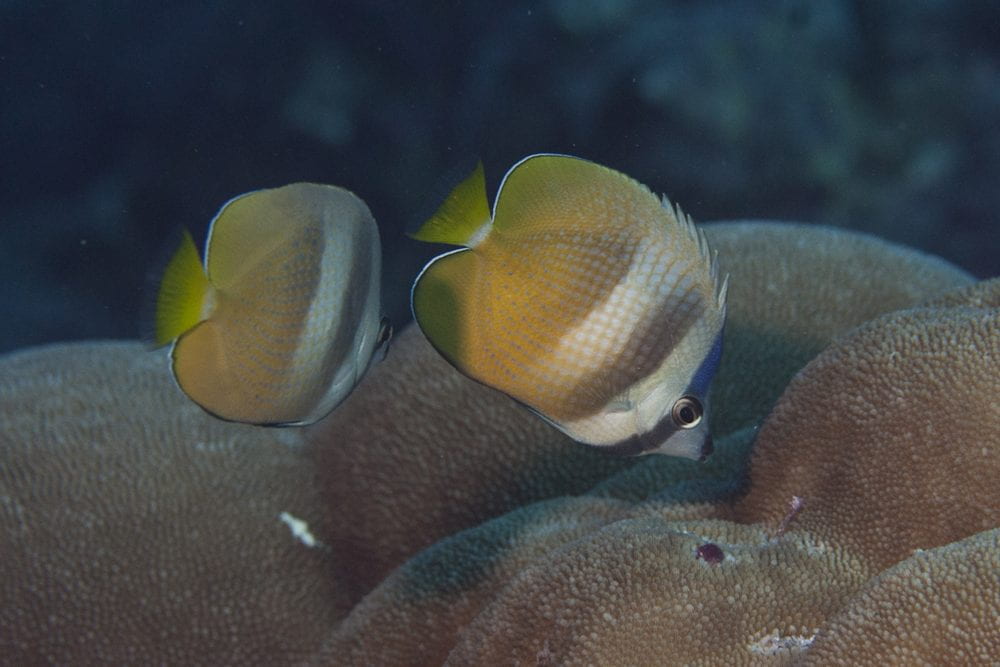
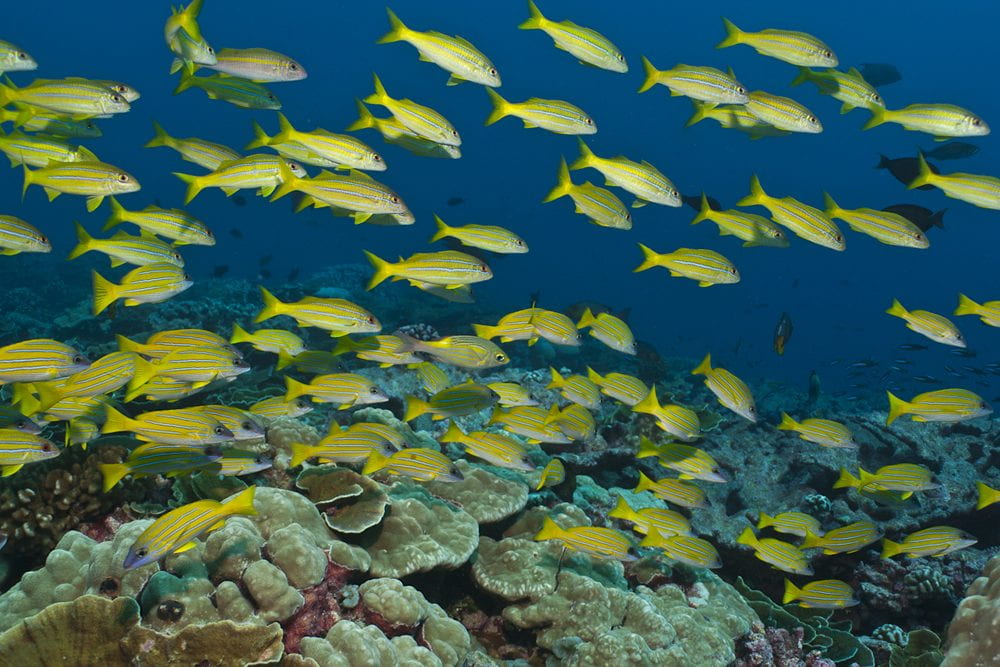
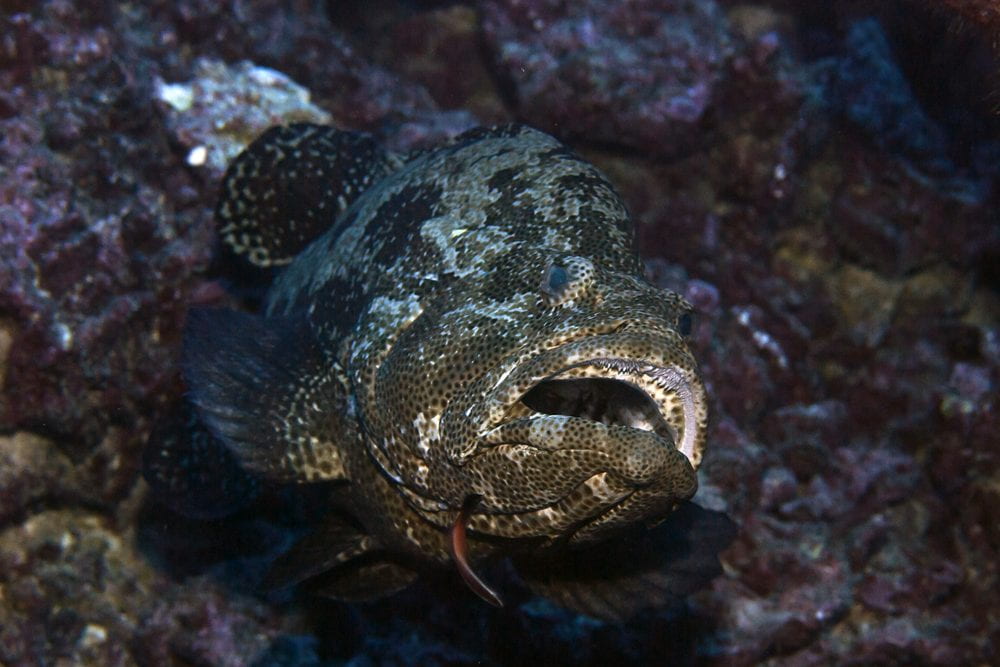
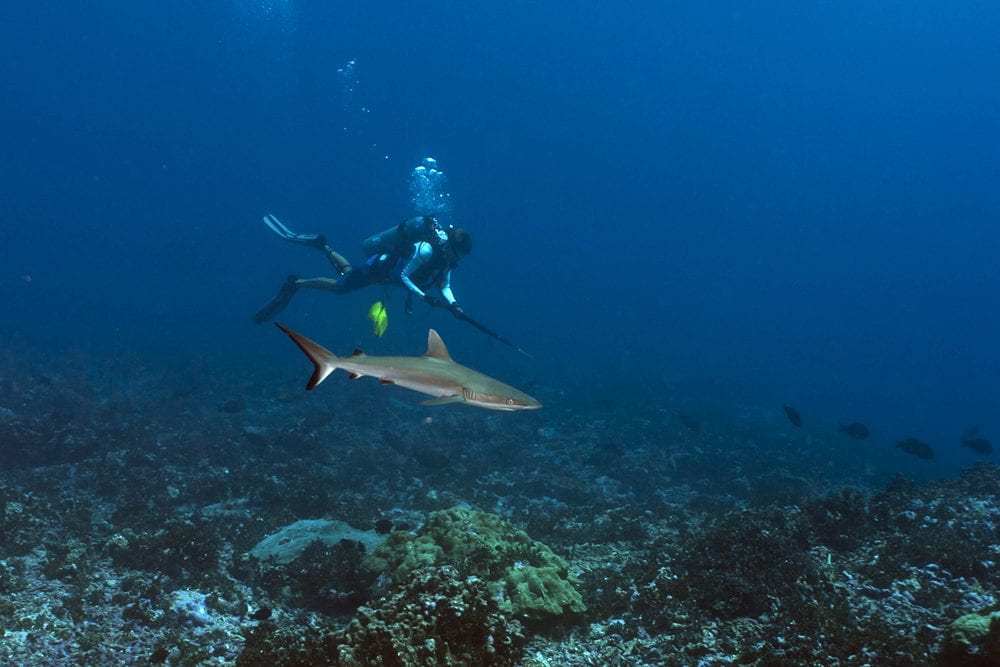
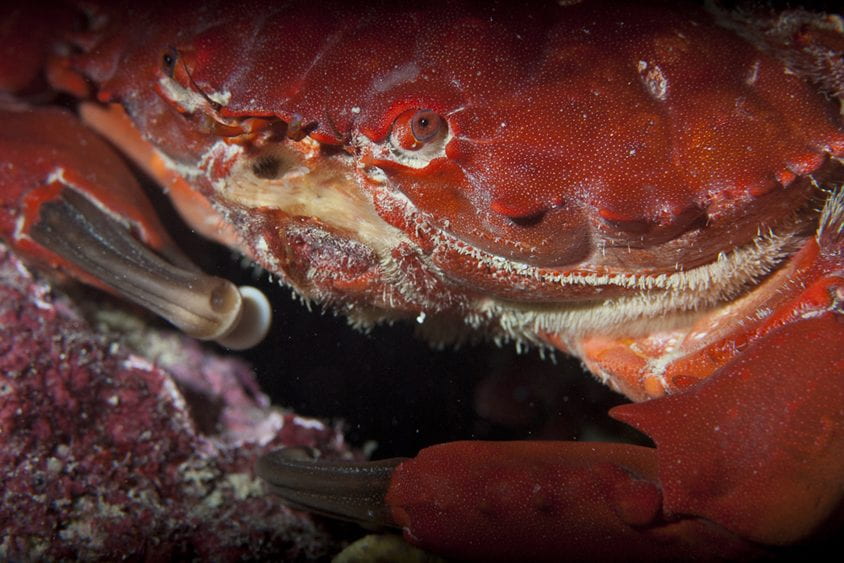
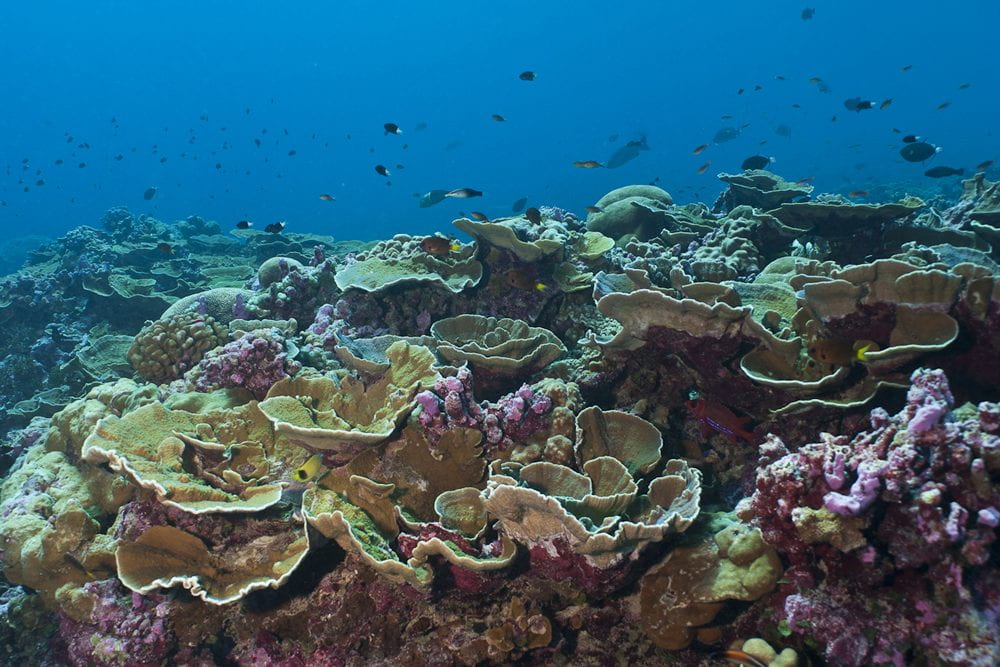
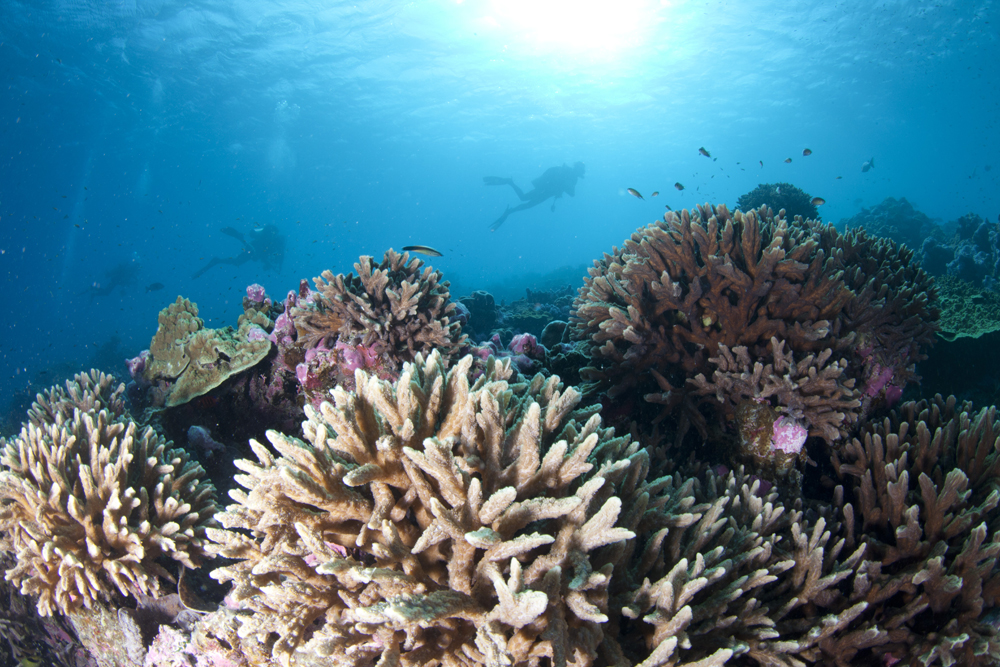
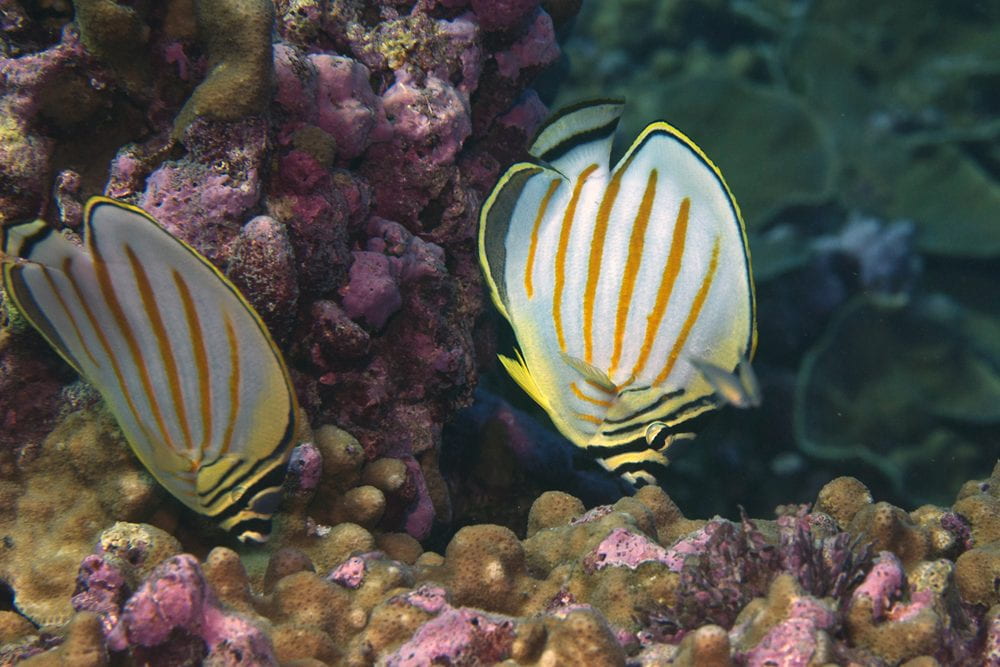
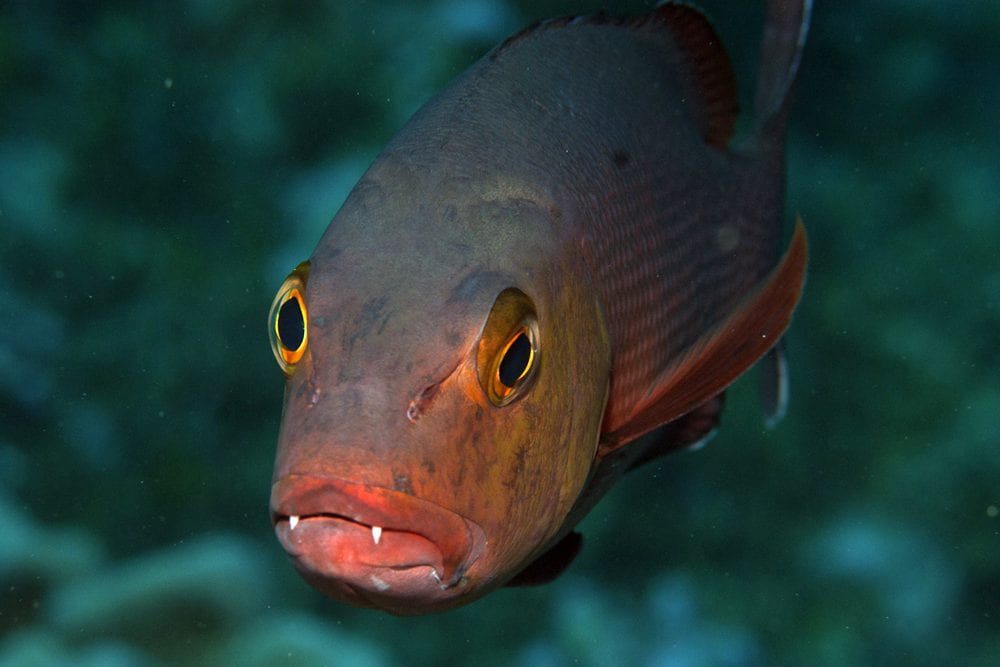
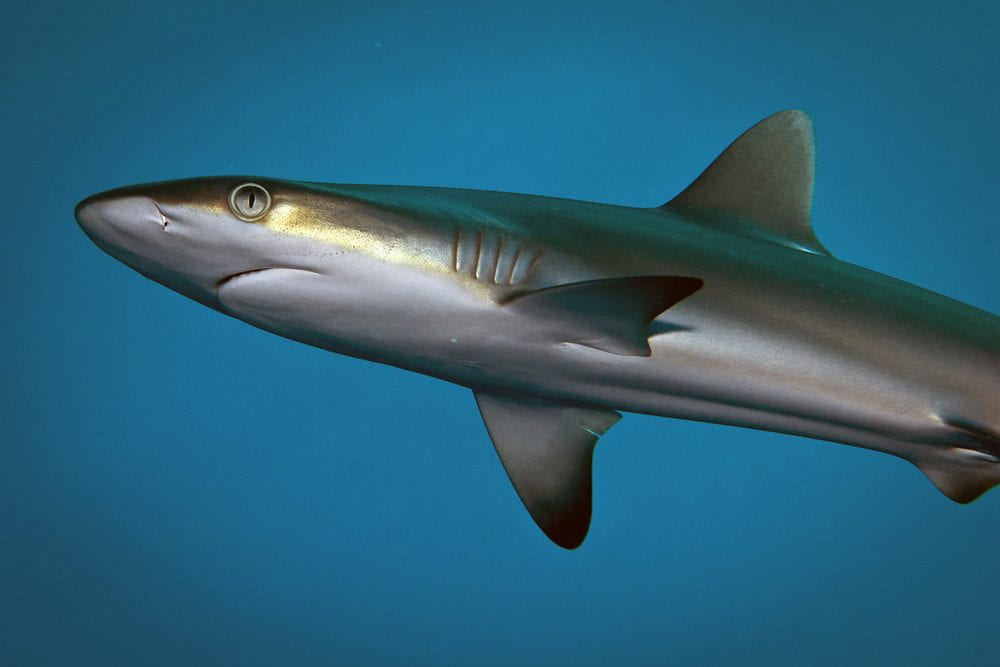
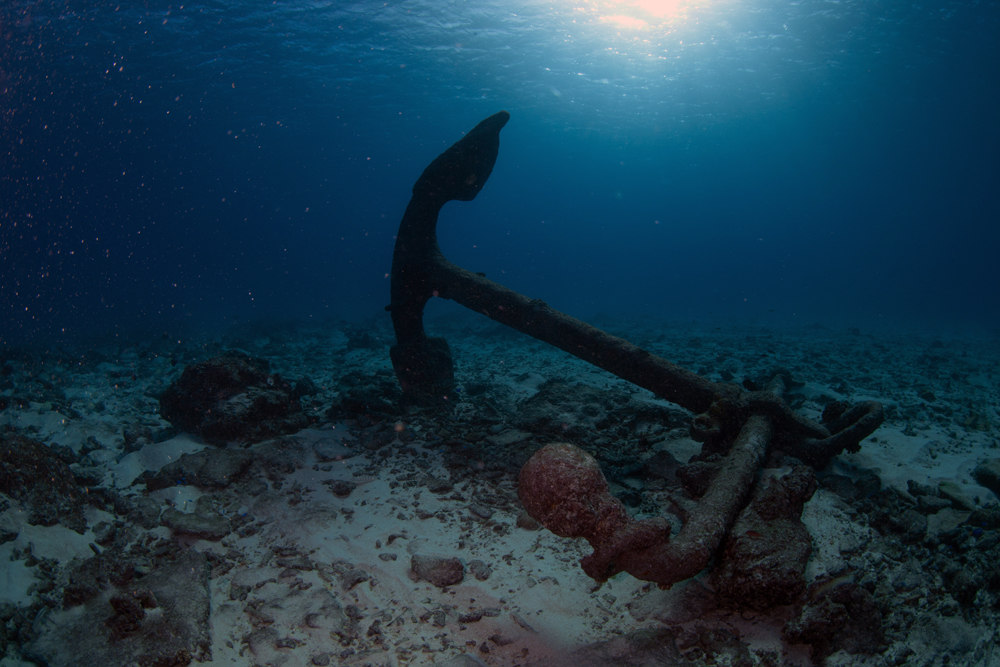
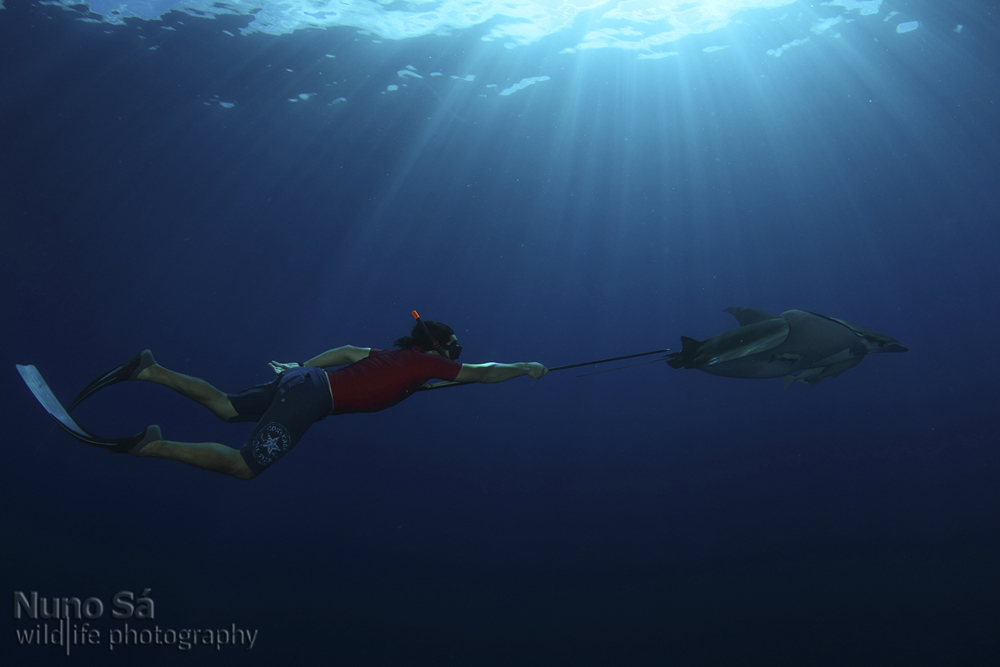
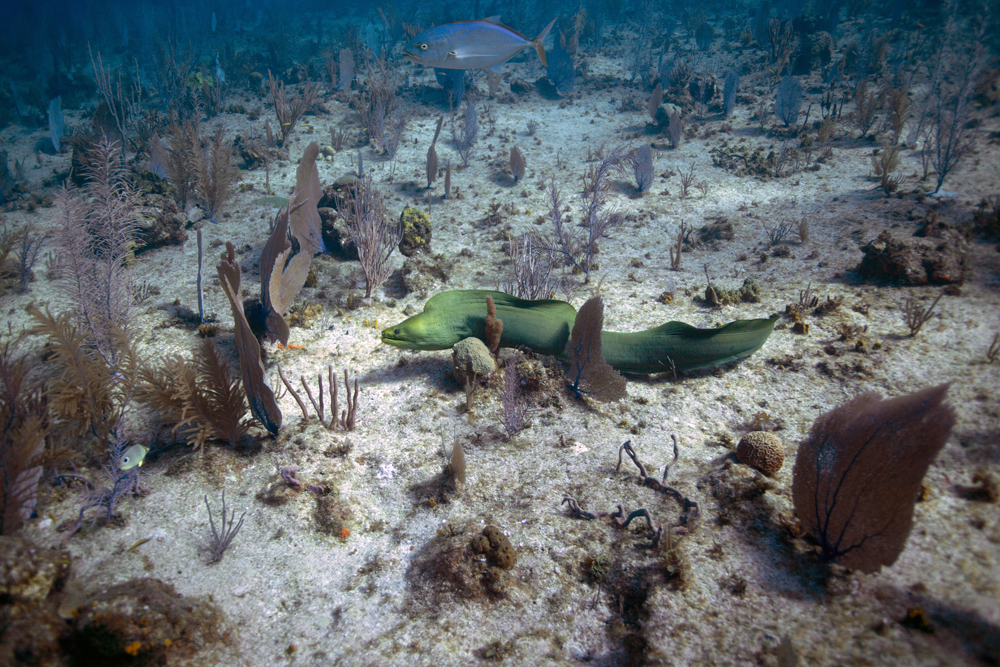
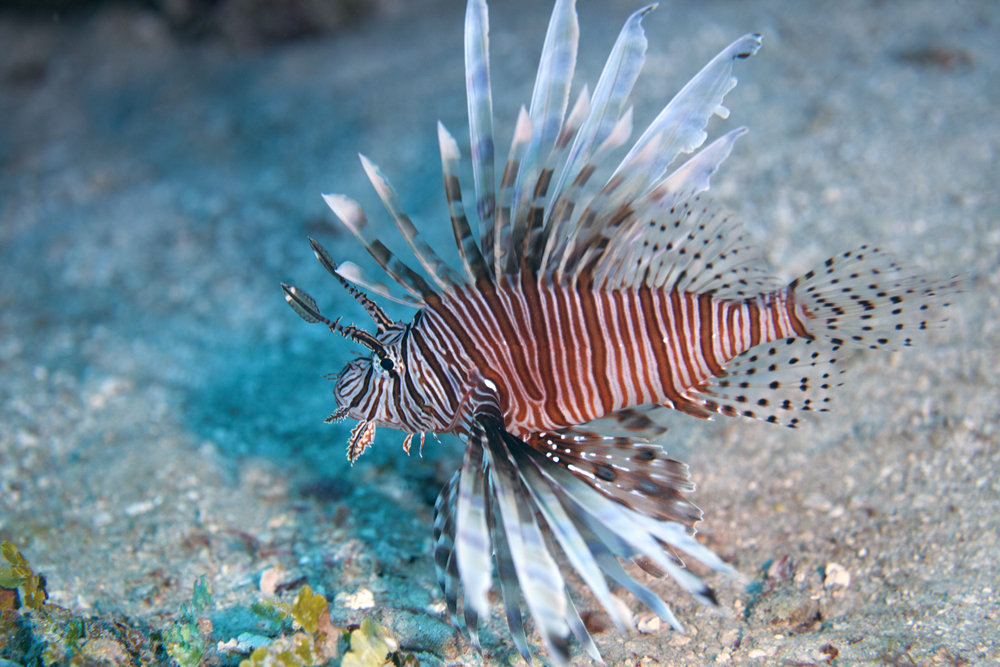
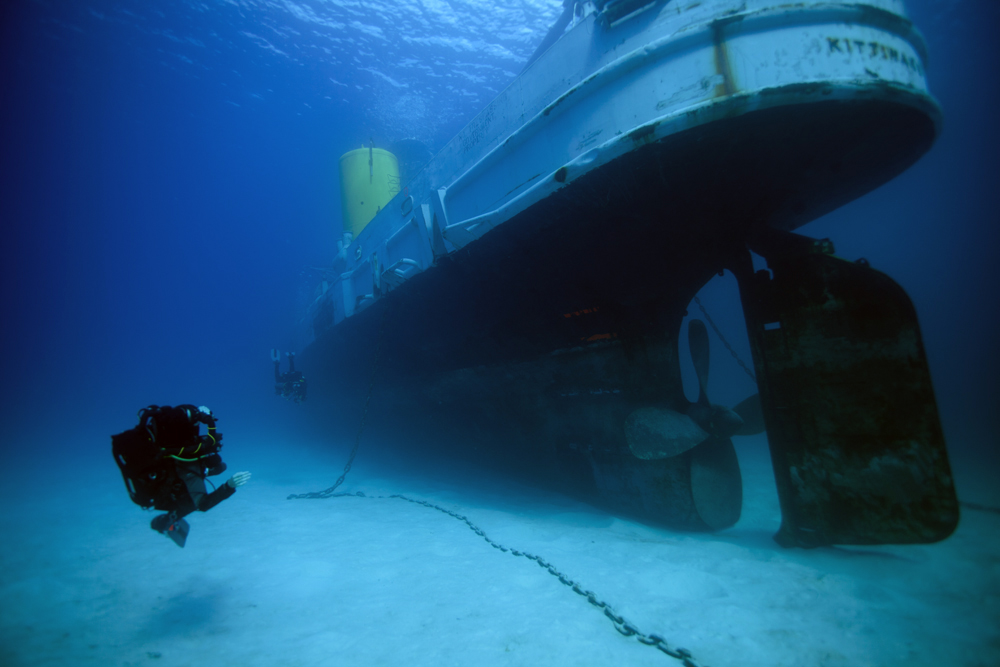
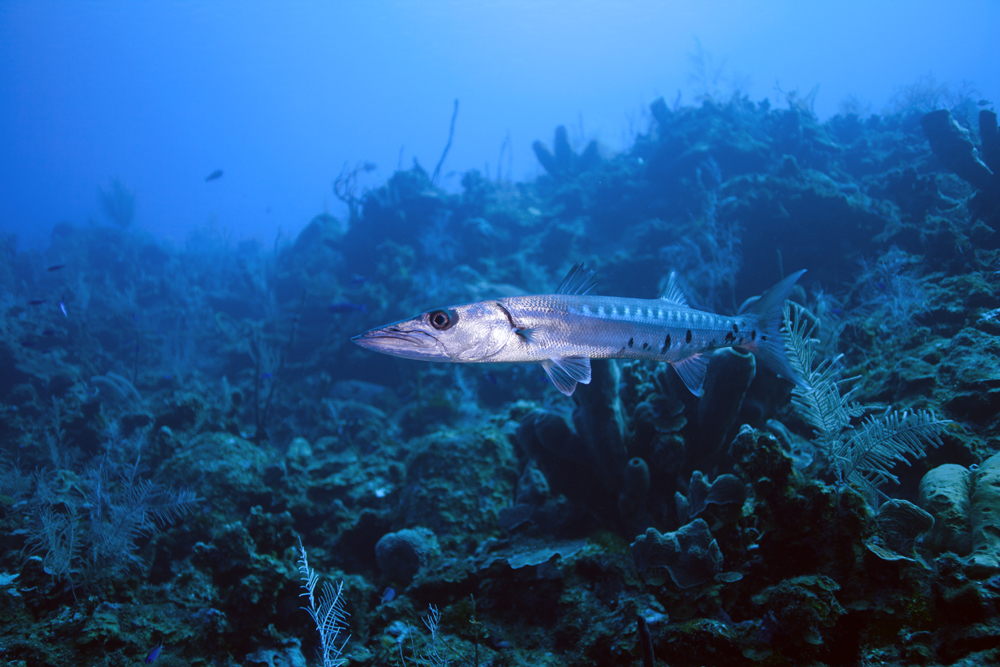
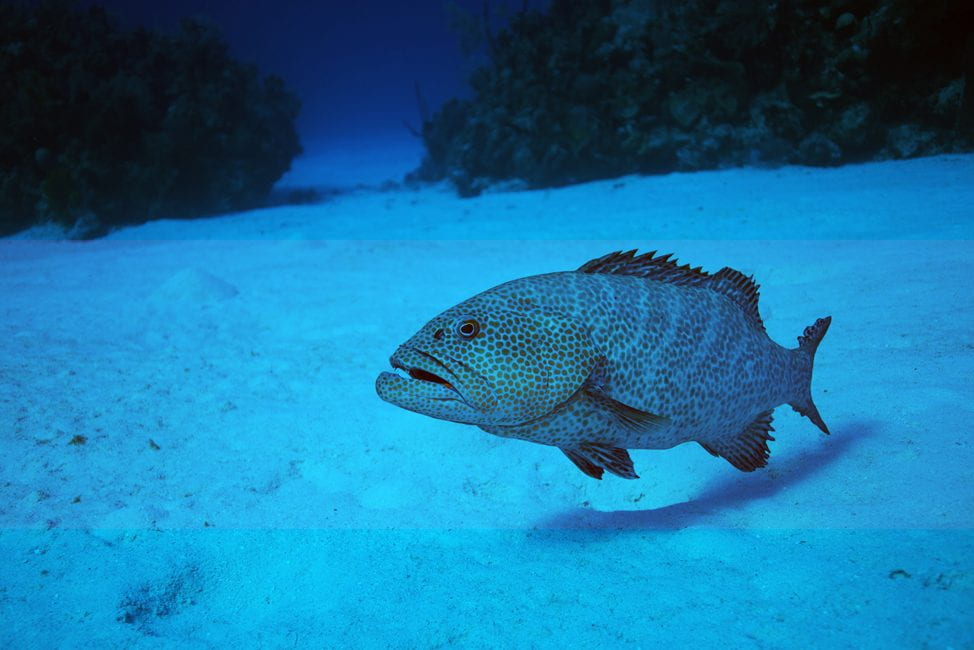
Overview: Modern ocean systems are in an era of extraordinary change, reflecting increasing anthropogenic disturbance on top of natural climate variability. I am interested in understanding the role that food web architecture plays in the structure, function and resilience of past and present marine ecosystems. I am also interested in how natural and anthropogenic disturbances alter food web architecture and the sustainability of human-environment interactions. My research relies on cutting-edge compound specific stable isotope analysis (CSIA) coupled with traditional ecological approaches to examine resource utilization and food web architecture across a wide range of marine ecosystems. While my research program is firmly rooted in fundamental ecological theory, it extends beyond the ecological questions to address the applied management and practical decision-making needed to resolve current and emerging coastal ocean challenges.
My Research: My research is broadly characterized as ecogeochemistry – the application of isotope and trace element geochemistry to fundamental questions in ecology. More specifically, my research develops a mechanistic understanding of how consumer-resource relationships build the food web architecture that supports ecosystem function and resilience. I am particularly interested in how natural and anthropogenic disturbances can alter food web architecture, both from a bottom up and top down perspective. My research is centered on the development and application of compound-specific stable isotope analysis (CSIA) to understand resource utilization, trophic dynamics, and animal movement. My approach draws upon expertise in ecology, oceanography, biochemistry, and geochemistry. Through controlled feeding experiments I develop a quantitative understanding of the biochemical and physiological mechanisms that control resource acquisition and allocation. I then apply this knowledge in large-scale field studies to examine a wide range of questions from individual nutritional ecology, to population connectivity, and up through entire ecosystem food web dynamics. By quantifying the influence of food web architecture on marine ecosystem function, we hope to provide the scientific basis for the conservation and sustainable management of ocean ecosystems.